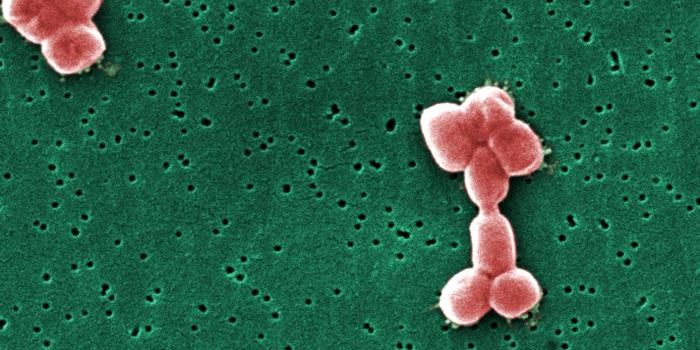Why is the Delta variant causing more infections?
It’s no secret that the Delta variant has brought a drastic increase in the number of COVID-19 cases around the United States, and with that a renewed sense of unease. Many of us know what it takes to protect ourselves from contracting COVID-19, and we also know that the rise in cases is partly driven by relaxed social distancing and masking guidelines and poor inoculation numbers. But, politics aside, why are there more cases of COVID since the end of July?
New research suggests that it could be that the Delta variant is both more infectious, and more deadly. Infection rate is measured by something called Ro (pronounced “R naught”), which is the average number of susceptible people a given infected person might then infect. In the 1918 influenza pandemic, the Ro was between 2-3, so one infected person might infect 2-3 other people. The Center for Disease Control (CDC) estimated that the original virus first identified in Wuhan, China had a Ro between 2-3, while the Delta variant has a Ro between 5-9.
Not only is the Delta variant more transmissible, but it also has a higher viral load, which in turn causes a more severe disease. New research (available in preprint) suggests that people with the Delta variant have 1000 times the number of viral particles than those with the original virus. Another study in preprint found that, in a sample transmitted in mainland China, the Delta variant only took about four days to reach detectable exposure—up from the six days the original virus took.
Lastly, the Delta variant is a mutation from the original virus, and a specific mutation at position 681 of its spike protein makes it easier for Delta (and other variants such as Kappa) to invade the host cells via fusion to structures called syncytium (or, single cells with several nuclei formed by fusion of cells or division of a nuclei).
While most of this research is still in preprint, and thus not yet peer reviewed, the overwhelming message from most of these studies is that Delta is a new, stronger variation of the original COVID-19 virus. Research says that both the Pfizer and Moderna vaccines are still effective against the new variant, though less so than the original. The Johnson and Johnson vaccine is also thought to be effective, though may be more effective with a second dose. Booster shots may help make all of the available vaccines more effective, and scientists and physicians are working to determine what a booster shot may look like. Masking, social distancing, and good hygiene practices all continue to be effective ways of protecting yourself and your community.
---
Interested in learning more about the Delta Variant? Labroots is hosting a free live virtual Q&A session with Dr. John Moore, professor of Microbiology & Immunology at Weill Medical College at Cornell University. The event takes place on October 13, 2021 as part of our ongoing Coronavirus Virtual Event Series which you can register for here.
Sources: New York Times, National Geographic, Washington Post, Research Square, medRxiv, bioRxiv 1, Cell Death & Differentiation, The New England Journal of Medicine, bioRxiv 2, bioRxiv 3










